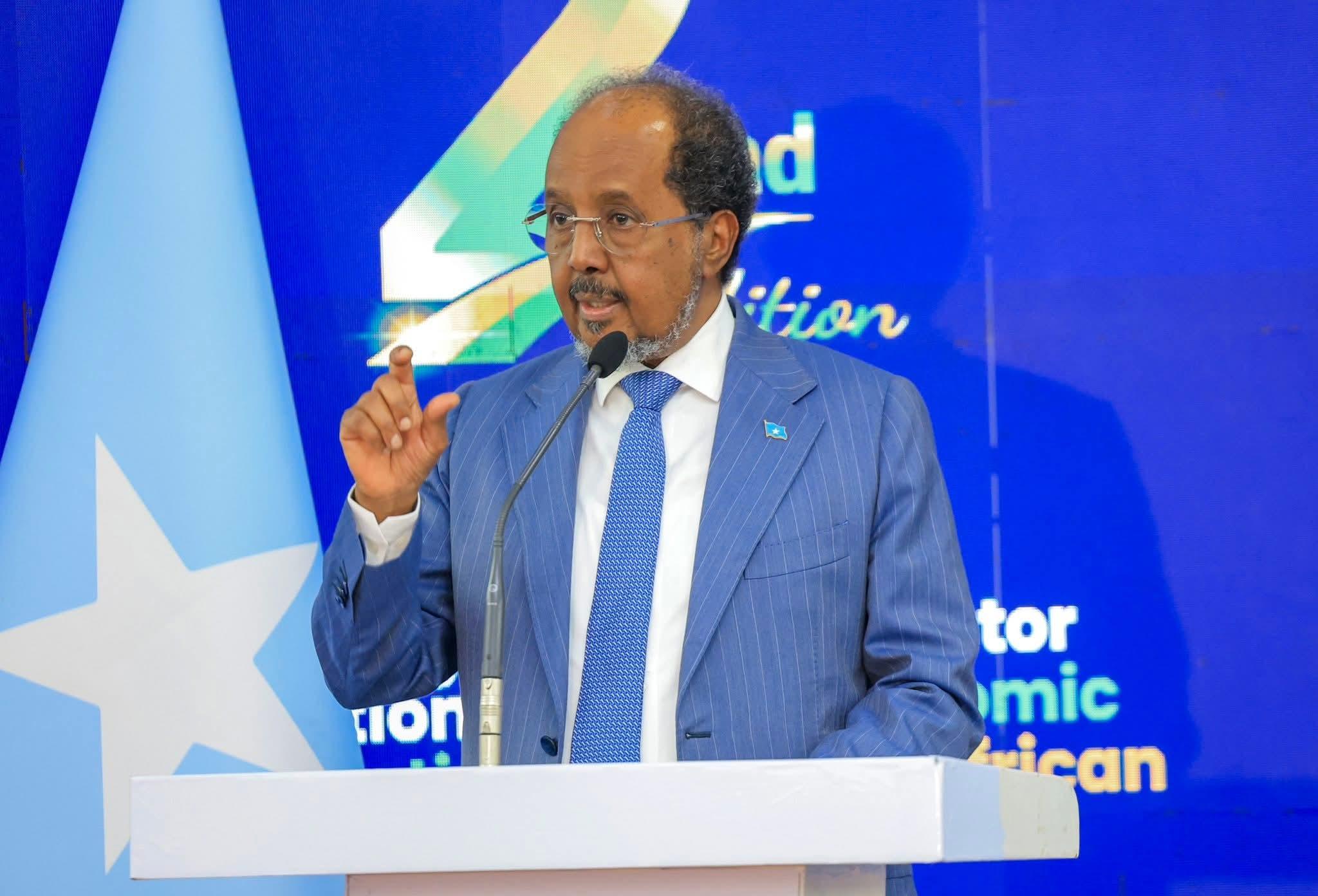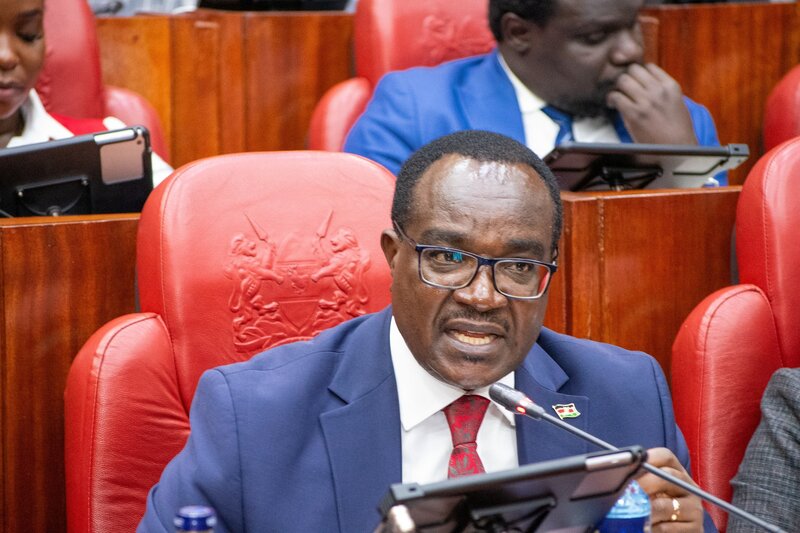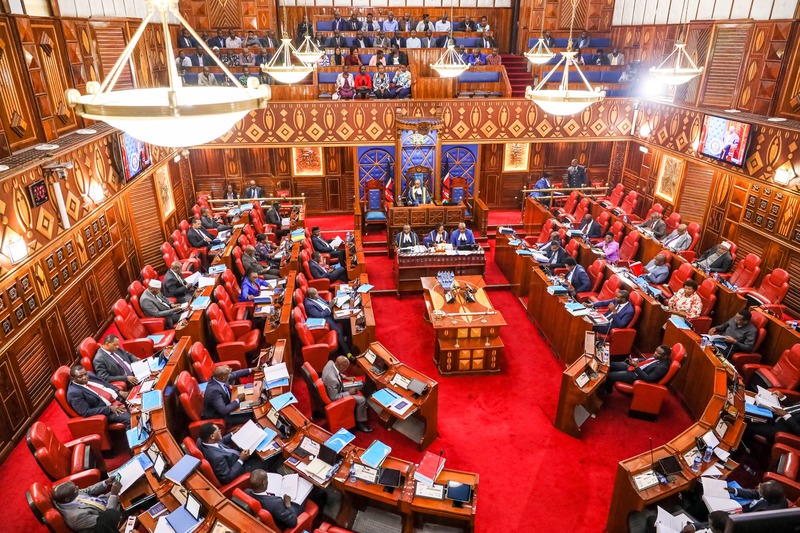Somalia to introduce Swahili in schools and universities to strengthen East African integration

The president’s call marks the first time Somalia has moved to formally incorporate Swahili as a working and instructional language alongside Somali, Arabic, and English.
Somalia has announced plans to introduce Swahili into the country’s school and university curriculum as part of a wider effort to strengthen its integration into the East African Community.
President Hassan Sheikh Mohamud said the government will speed up the process so that the language becomes part of Somalia’s education system at all levels.
More To Read
- Wetang'ula warns EAC arrests over travel documents threaten regional integration
- AfDB grants full debt relief to Somalia after decades of economic turmoil
- Trump faces rising backlash over remarks targeting Somali immigrants
- EAC and AGRA rally young entrepreneurs to transform regional food systems
- Somalia welcomes first group of Sudanese students under new scholarship programme
- Mogadishu’s Hamarweyne market shut for third day amid tax dispute
The plan is in line with Somalia’s goal of aligning with the standards of the East African Community, which it joined in 2024 as the eighth member after Kenya, Tanzania, Uganda, Rwanda, Burundi, South Sudan, and the Democratic Republic of Congo.
Swahili is already recognised as an official language of both the East African Community and the African Union and is spoken by more than 200 million people.
During the 2nd East African Community Cooperation Conference held in Mogadishu, President Hassan said Somali universities should take a leading role in the promotion of Swahili.
He said the language will help build closer connections between Somalia and other member states of the regional bloc.
“The Somali National University, along with all Somali universities, must take the lead in promoting Swahili, the common language of the East African region,” he said.
The president’s call marks the first time Somalia has moved to formally incorporate Swahili as a working and instructional language alongside Somali, Arabic, and English.
The Ministry of Education has begun talks with regional institutions to develop a framework that will guide the introduction and teaching of Swahili in schools and higher education institutions.
Education Minister Farah Sheikh Abdulkadir said the government wants to see the language used widely in classrooms, trade, and communication.
“We are working to enhance the study and use of the Swahili language in Somalia. We want to see Swahili become a language of communication, trade, and learning, even replacing English during our next conference,” he said.
The National Higher Education Board, which was recently established to coordinate the development of universities, is working with the East African Universities Association and the East African Qualifications Framework to implement the plan.
The cooperation is expected to help harmonise education standards and qualifications between Somalia and other East African states.
Somalia’s decision to adopt Swahili also has social and historical roots. In the southern coastal regions of the country, such as Kismayo and Barawa, Swahili and related dialects have been spoken for generations.
Many Somali returnees from Kenya and Tanzania already use the language in daily life, and its spread has increased among young people who have studied or worked in other East African countries.
Language experts and regional observers say the decision could ease communication between Somalia and other EAC countries, promote regional trade, and support cultural and educational exchange. However, there has also been debate among Somali citizens and commentators about whether Swahili should be elevated to an official or teaching language.
Some have questioned how it will fit into the existing national language policy that already recognises Somali, Arabic, and English.
Government officials say the introduction of Swahili is not meant to replace Somali but to expand Somalia’s ability to interact more effectively with its regional partners.
They argue that the move will give students and professionals better access to regional opportunities in education, business, and public service.
Somalia’s participation in the East African Community requires it to align its trade, legal, and education systems with those of other member states. The government has said that adopting Swahili will be one of several steps in a broader programme that includes developing regional infrastructure, promoting cross-border business, and harmonising laws and professional qualifications.
The process of implementing Swahili in the education system will begin with teacher training, curriculum development, and translation of key learning materials.
The Ministry of Education has indicated that the introduction will be gradual and will start with pilot programmes in selected schools and universities.
President Hassan said Somalia’s membership in the East African Community presents an opportunity for closer cooperation and learning from other countries in the region.
He said language is an essential part of that process because it makes it easier for citizens of different countries to work and study together.
Top Stories Today












































